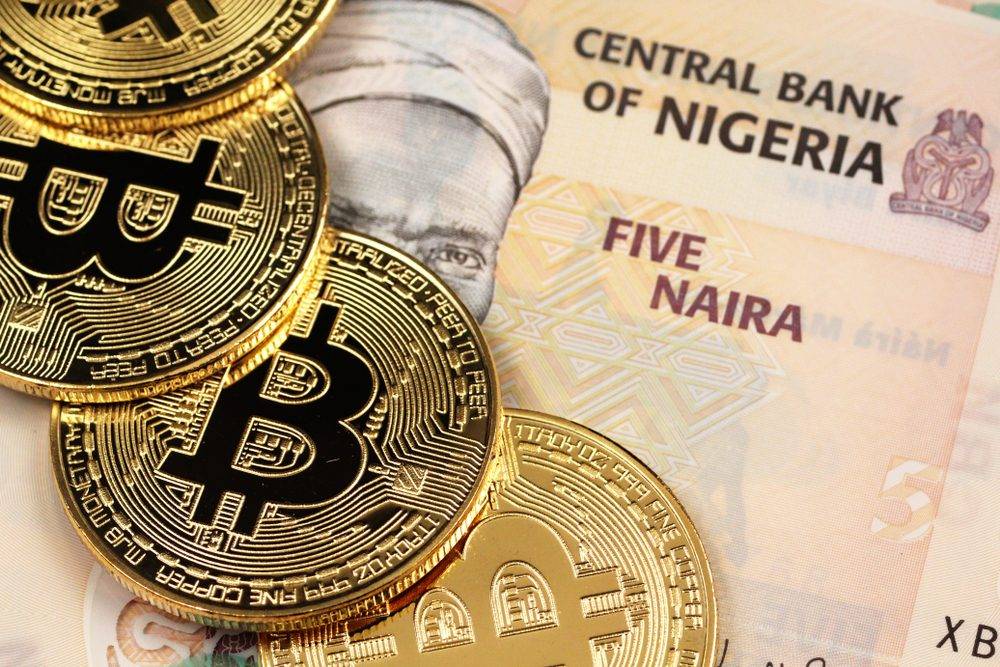Despite Gov’t Warnings Against Crypto, Bitcoin Use Continue To Soar In Nigeria

Despite the best efforts of the Central Bank of Nigeria (CBN) and even the country’s parliament to warn the populace against dealing with digital currencies like Bitcoin, it appears Nigerians cannot be bothered to heed those warnings.
Nigerians usage of bitcoin has continued to rise even though the country’s apex bank has time and again reiterated that digital currencies are not legal tender.
This was made known by the Chartered Institute of Bankers of Nigeria (CIBN) which disclosed this in its release on ‘The Nigerian Banker’, in its December 2019 edition.
Part of its report on digital currencies read, “The CBN has also declared that digital currencies are not legal tender with naira as the sole legal tender.
“There are concerns on the use of other digital currency which is currently changing the global payment ecosystem.
“It was stated that in 2018, 41 percent of new users of bitcoin, a cryptocurrency, hailed from Nigeria, Ghana, and South Africa.”
In 2018, the CBN, the Securities and Exchange Commission (SEC), as well as the Nigerian Stock Exchange (NSE) were all directed by the Senate to enlighten Nigerians on the risks involved in trading with Bitcoin.
But if the CIBN’s latest report is anything to go by, then it’s clear that the warnings have fallen on deaf ears as more Nigerians continue to embrace the unregulated, volatile currency.
Indeed, a few months back, data from Google Trends placed Nigeria and South Africa top among the countries that are most interested in Bitcoin globally.
In the CIBN’s publication, a report on, “Legal issues in e-commerce, by Senior Partner, Punuka Attorneys & Solicitors, Chief Anthony Idigbe, made some recommendations on cryptocurrency.
He said, “The CBN has to consider ways of applying its regulations to the new consumer behaviours of blockchain and cryptocurrency as there are new infrastructure or payment gateways that allow online/offline merchants to receive other modes of payments from the regular fiat currency such as cryptocurrency.
“To improve recognition of credible e-commerce, the CBN can require payment gateways and merchant aggregators linked to an e-commerce site, to issue its merchants with a visible certification badge.”
On information governance-data protection and privacy, he said most e-commerce platforms were reservoirs of sensitive customer information, which was often collected via contact forms, customer registration, and during payment for purchases.
As stated in the report: “Massive data invariably ushered various forms of data breaches which would lead to the proliferation of lawsuits against such entity from aggrieved consumers.”
The mindless manner in which this private information was used had eroded consumers’ trust in the Internet and their confidence to engage in electronic transactions, the report said.
Featured Image Courtesy: CCN